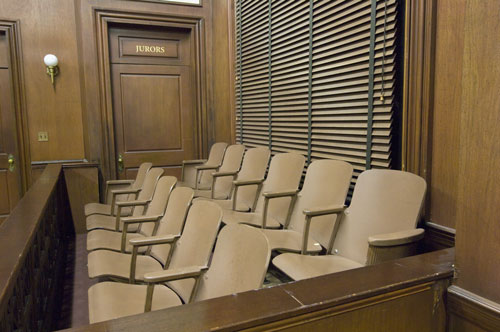On June 7, 2023, the New Jersey Supreme Court decided the Essex County case of State v. Barry Berry. The principal issue before the Court under N.J.S.A. 2C:35-3 concerned whether the judge’s erroneous response to a jury question was a basis to reverse the “drug kingpin” conviction.
Justice Fasciale wrote for a unanimous Court in relevant part: Our law is well-settled on jury questions seeking clarification. When a jury requests clarification, a trial judge “is obligated to clear the confusion.” State v. Savage, 172 N.J. 372, 394 (2002) (citation omitted). If a jury’s question is ambiguous, a trial judge “must clarify the jury’s inquiry by ascertaining the meaning of its request.” Ibid. In other words, “the trial judge is obliged to answer jury questions posed during the course of deliberations clearly and accurately and in a manner designed to clear its confusion, which ordinarily requires an explanation beyond rereading the original charge. The court’s failure to do so may require reversal.” Pressler & Verniero, Current N.J. Court Rules, cmt. 7 on R. 1:8-7 (2023).
Here, the jury’s question was not ambiguous. The jury wanted to know whether it was “possible” to find that the State proved element three but that it did not prove element four. The jury did not probe generally the kingpin instruction. And its reason for seeking clarification was also unambiguous: elements three and four sounded “a little” bit similar. Since the jury question was not ambiguous, the judge was obligated to “clear the confusion” about whether it was “possible” to find three but not four by responding directly with “yes” or “no” to the specific inquiry posed.
The trial judge’s failure to provide a direct and correct answer will likely lead to an enormous expenditure of resources that could have otherwise been avoided. Drug kingpin trials are usually the culmination of protracted wiretap investigations and pretrial court appearances and/or a lengthy trial for numerous co-defendants. The reversal of these convictions means that the entire pretrial and trial processes may need to be conducted again.

